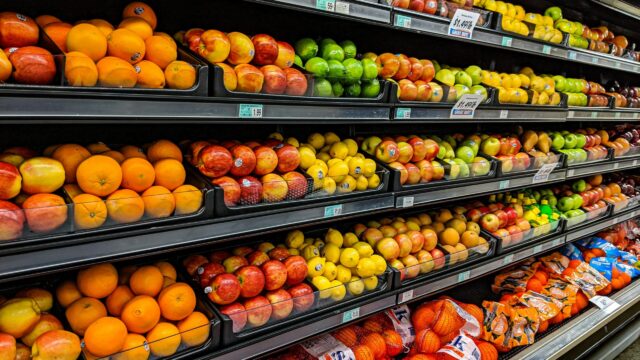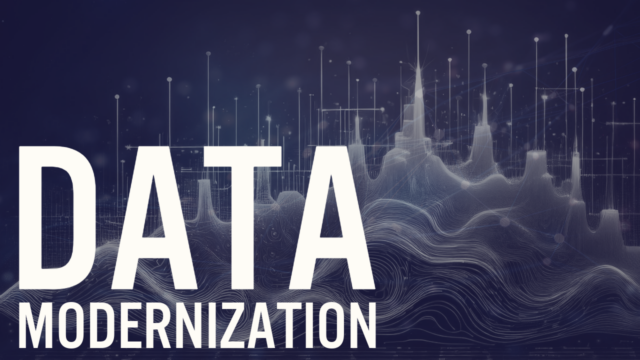BCHC urges USDA to withdraw flawed SNAP data proposal that threatens privacy
July 2025

The Big Cities Health Coalition (BCHC) has submitted formal comments opposing the U.S. Department of Agriculture’s proposed National SNAP Information Database, citing serious concerns about data privacy and public trust.
Big Cities Health Coalition (BCHC) provided comment in response to the System of Records Notice (SORN) for USDA/FNS-15: “National Supplemental Nutrition Assistance Program (SNAP) Information Database,” published in the Federal Register by the U.S. Department of Agriculture (USDA) on June 23, 2025.
The Supplemental Nutrition Assistance Program (SNAP) is an indispensable resource to combat hunger in our nation. Ensuring access to necessary and appropriate nutritional benefits is a key part of protecting and promoting the public’s health. Our BCHC members are also part of the critically important provision of ‘wraparound’ services to promote and protect the public’s health, and as such, we care deeply about being able to continue these nutrition services while also safeguarding people’s right to data privacy.
The Notice for the proposed National SNAP Information Database (NSID) exhibits significant errors and omissions, particularly regarding the scope of data collection. USDA has not provided a full and exhaustive list of the data being sought. This lack of clarity on the records that will be collected creates widespread confusion for state and local agencies, SNAP applicants and beneficiaries, and organizations who help connect individuals to SNAP services.
If states are not clear on requirements, the trickle-down effects will be even more confusing for county and city agencies that administer SNAP benefits in communities across the country.
Furthermore, the SORN fails to provide clear and legitimate reasons for such a wide-ranging data collection. The stated primary purposes of validating eligibility and strengthening program integrity contradict existing statutes and robust systems already in place to ensure program integrity.
Beyond the issues of purpose and clarity, the SORN’s outlined “routine uses” for SNAP data are excessively sweeping and fundamentally conflict with the program’s foundational statute. Routine Use 8, for example, envisions unfettered sharing of data for law enforcement, a scope significantly wider than the explicitly permitted disclosures of SNAP participant information under the authorizing legislation.
Similarly problematic is Routine Use 11, which grants the USDA broad discretion to release SNAP data to any domestic government entity involved in federal benefits programs, provided the USDA deems such disclosure “reasonably necessary… to prevent, deter, discover, detect, investigate, examine, prosecute, sue with respect to, defend against, correct, remedy, or otherwise combat fraud, waste, or abuse in such programs.” This provision extends considerably beyond the limited data disclosures authorized by Congress, even in the name of addressing “waste, fraud, and abuse.”
Finally, the federal government is not allowing meaningful public comment on this critical issue. The date set for states to submit request data, immediately following the close of the SORN public comment period, leaves USDA no time to consider, let alone meaningfully address, any comments or concerns from the public, including state agencies seeking to responsibly comply without violating federal privacy laws or similar state laws. The vital importance of SNAP and the highly sensitive data being requested warrant a more thoughtful and thorough approach than the one exhibited here.
For these reasons, BCHC respectfully requests that the System of Records Notice for the Food and Nutrition Service (FNS): “National Supplemental Nutrition Assistance Program (SNAP) Information Database” be withdrawn, and that USDA abandon its proposal to establish a data system, as well as halt all data collection related to the Notice. If USDA must proceed with the
creation of the Database, we recommend that it provide more clarity on all the data states (and/or other local entities) will need to submit and how, create a reasonable schedule to receive the data, and work to ensure the data is protected, accurate, and adequately reviewed.


